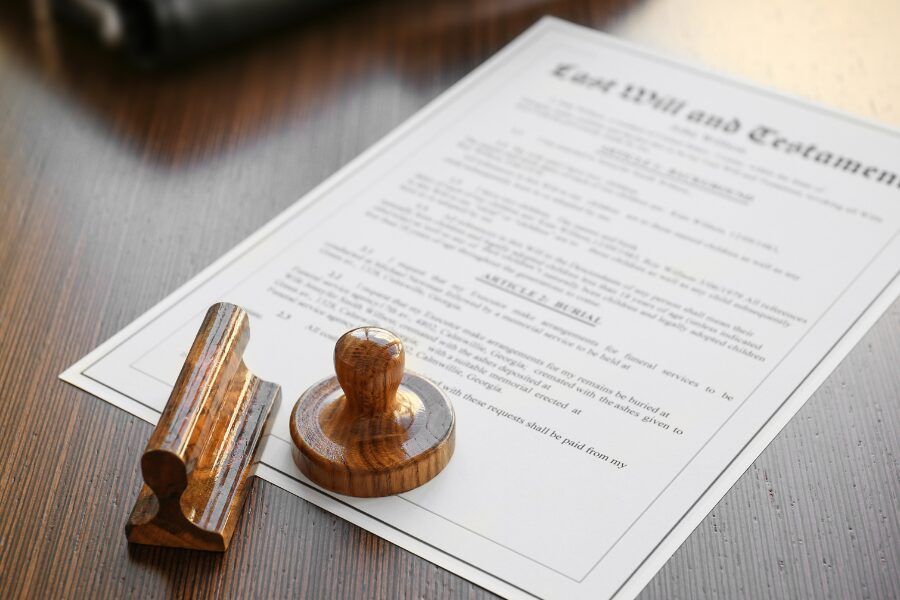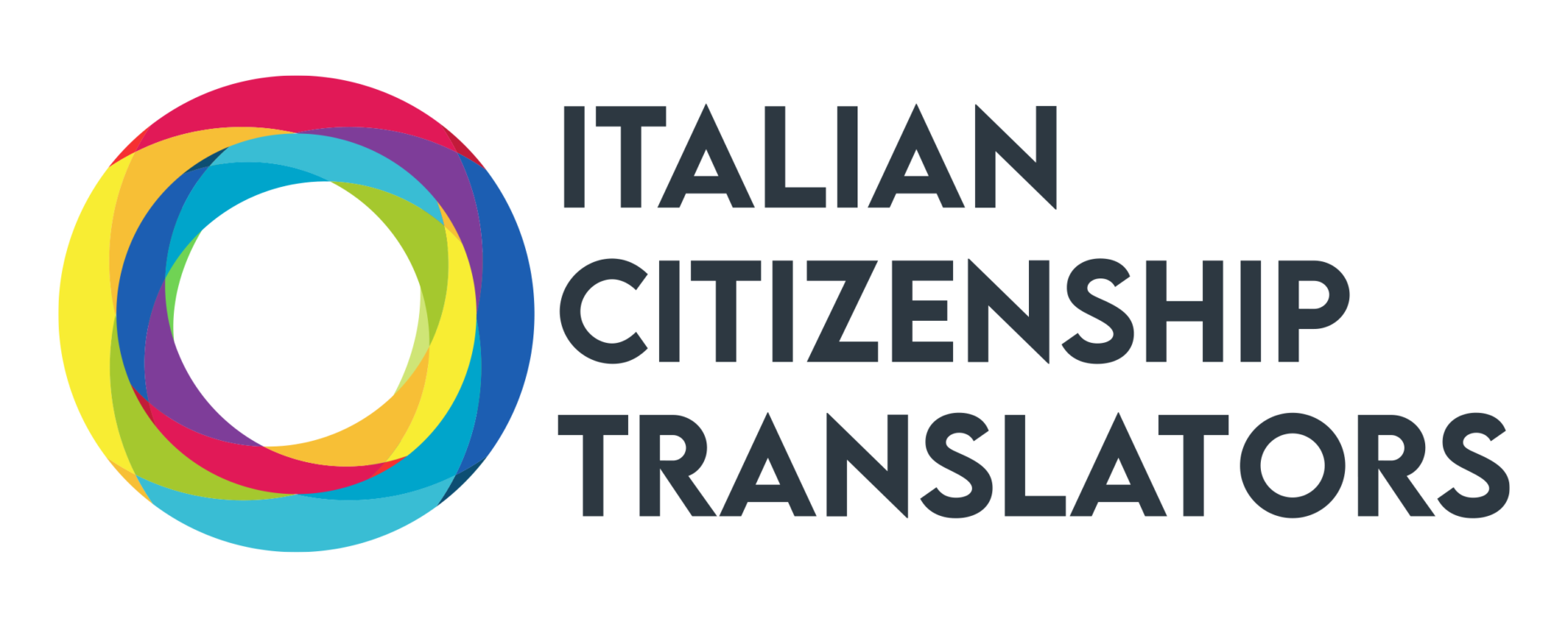
Translation: What are the most frequently asked questions?
The translation of documents and vital records is fundamental in an Italian citizenship application. This segment will provide answers to some of the most frequently asked questions in relation to the subject, and shed light on the importance of translation and the role of a translator in the citizenship application process.
What translations are needed for an application?
Once an individual has determined eligibility, and the route through which they must apply: Italian citizenship by descent (iure sanguinis), through marriage (iure matrimonii), or naturalization, they will need to retrieve and collate the required documents/vital records.
Translations are required for all documentation/vital records, and for all types of Italian citizenship applications. Irrespective of where you make your application, whether at an Italian municipality, an Italian consulate abroad, or filing a case at court through what is known as a 1948 case, you must ensure that all foreign documents are translated into Italian before submitting.
What are sworn translations and sworn translators?
Sworn translations are required for your non-Italian documents in respect of all citizenship applictions. Sworn translations (traduzioni giurate or traduzioni asseverate) can only be done by sworn translators or translators (traduttori giurati). Sworn translations are by translators who are court-appointed, whose translations can be authenticated before an Italian court official. A sworn translator will go before an Italian authority and attest to the authenticity and accuracy of the records. The court official then affirms the declaration and signature of the translator, and it is this procedure that gives legal value to the translations. Vital records that are authenticated this way are also viable at Italian consulates.
What is the role of a sworn translator?
A sworn translator will undertake the process of translating your documents into Italian, and following this will present your documents in an Italian court along with their Italian translations. The application bundle will also include the apostille, non-Italian documents, and their Italian translations, as well as the sworn statement.
The appointed judicial officer will then be tasked with authenticating the translator’s statement by adding stamps, signatures, and revenue stamps to the translations.
Once the documents have been verified and authenticated, the translator will return your documents by sending them by special delivery.
Why is hiring a professional translator important?
All documents and vital records must be professionally translated in Italian and sworn as faithful. The translations should be done professionally, and legally sworn as accurate by a translator certified by the relevant authorities. This is to ensure that translations are done in accordance with Italian citizenship protocol.
It is important to have a translator who is native in Italian because they will have a better command of Italian, which is fundamental when replicating the documents and making sure they have been accurately translated. A native speaker will have better understand the grammar, syntax, and structure of the documents, and better able to ensure that your documents have the correct format and terminology.
Furthermore, professional translators who have knowledge and experience in the field of translation of vital records and the legal documents is vitally important to ensure requirements are met. The translator assumes ethical and legal responsibility when translating documents and attests to their accuracy.
How do I find a reputable translator?
Finding a qualified, experienced and accredited translation professional is vitally important to the succes of your citizenship application. Therefore, employing the services of a translator from an esteemed company that has excellent reviews is essential, given that the vital records needed for your Italian citizenship application are official documents.
Do translators have to meet professional standards?
Official agencies have set criteria that translators must submit in order to prove they meet professional standards. Translators must have official accreditation and membership with recognized bodies, and you can check these in order to confirm their credentials, such as their translator registration and accredited membership.
What documents need to be translated?
The documents/vitial records that will need to be translated will be birth, marriage, and death certificates, as well as certification letters by clerks of the court, notaries public, or other administrative officers that verify the authenticity of the certified copies of your documents/vital records.
You may also need judgments in respect of any name changes or marriage dissolution.
The documents you need will depend under which category you apply, however it is likely you will need to retrieve a large number of documents, and from within Italy and other countries where your Italian ancestors were born, got married, divorced, and died.
Can translators amend your documents?
Translators are not permitted to make corrections to your documents, whether that be correcting misspellings or anglicizing names in the Italian version of your documents.
Are there any documents that do not need to be translating?
All certificates that are not in the Italian language must be translated into Italian before submitting an application. The only exception to this being the U.S. certificate of naturalization, or any supporting documents that pertain to the naturalization status of the Italian ancestor/applicant.
In respect to the apostille, which is the legalization granted by the office of the secretary of state of the country where the certificate was issued, and legalizes them for use in Italy. All foreign documents must an attached apostille, however the apostille does not require any translation.
What about translations done abroad?
Translations that are done abroad (in the U.S.) can be notarized, which means a notary public authenticates them. However, these writings will be in English, and so the translations must be legalized. If applying via an Italian consulate this will be done there. Documents submitted in Italy (at Italian municipalities or courts) require a sworn translation. In terms of Italian consulates abroad, requirements may vary, but certified translations tend to be accepted, however you must always refer to the translation requirements of where you shall make your application.
This segment has addressed some of the most frequently asked questions in relation to translation and its role in the Italian citizenship application process.
If you would like more information about the translation services we offer, please contact us directly and one of our expert advisors will be in touch to answer your queries.
